 The National Institute for Health and Care Excellence (NICE) produces guidance on the most effective ways to prevent, diagnose and treat disease and ill health, and provide social care support. Their guidance is based on research evidence and takes into account the views of people working in or using relevant services, and other stakeholder groups.
The National Institute for Health and Care Excellence (NICE) produces guidance on the most effective ways to prevent, diagnose and treat disease and ill health, and provide social care support. Their guidance is based on research evidence and takes into account the views of people working in or using relevant services, and other stakeholder groups.
NICE is currently looking for patients and their advocates (usually referred to as ‘lay members’ at NICE) to join the committee developing the guideline on Rehabilitation after Traumatic injury. …
Read more of this article



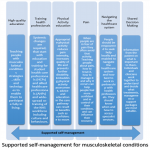
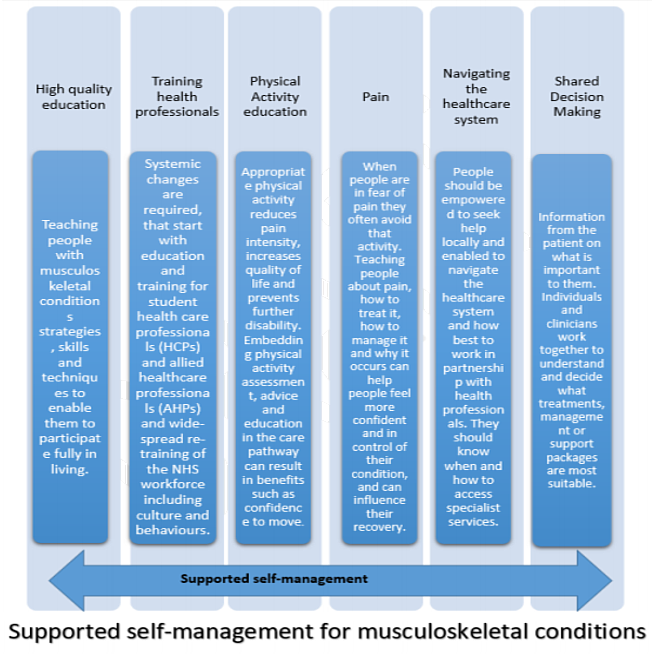

 “No health without MSK health”. Those were the words of our guest speaker at the ARMA AGM and they clearly struck a chord with members. They were on my mind last week when I attended a consultation meeting held by NHS England about the new ten-year plan for the NHS. At the moment MSK health doesn’t get as much profile as conditions such as mental health, cancer or cardiovascular. Not to downplay the importance of these conditions, but MSK health underpins all aspects of our ability to be independent and lead the active lives we want.…
“No health without MSK health”. Those were the words of our guest speaker at the ARMA AGM and they clearly struck a chord with members. They were on my mind last week when I attended a consultation meeting held by NHS England about the new ten-year plan for the NHS. At the moment MSK health doesn’t get as much profile as conditions such as mental health, cancer or cardiovascular. Not to downplay the importance of these conditions, but MSK health underpins all aspects of our ability to be independent and lead the active lives we want.… 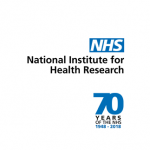

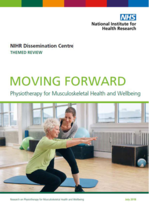

 Guest blog by Ms. Nuzhat Ali, National MSK Lead, Public Health England
Guest blog by Ms. Nuzhat Ali, National MSK Lead, Public Health England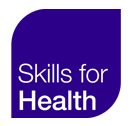

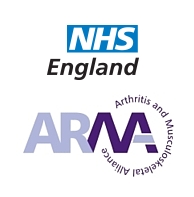

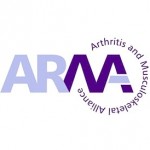
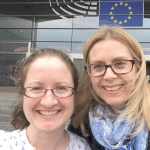
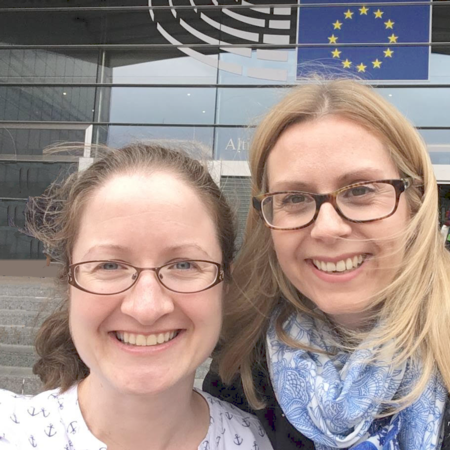 The HMSA has been out and about quite a bit this month, last week attending the “
The HMSA has been out and about quite a bit this month, last week attending the “